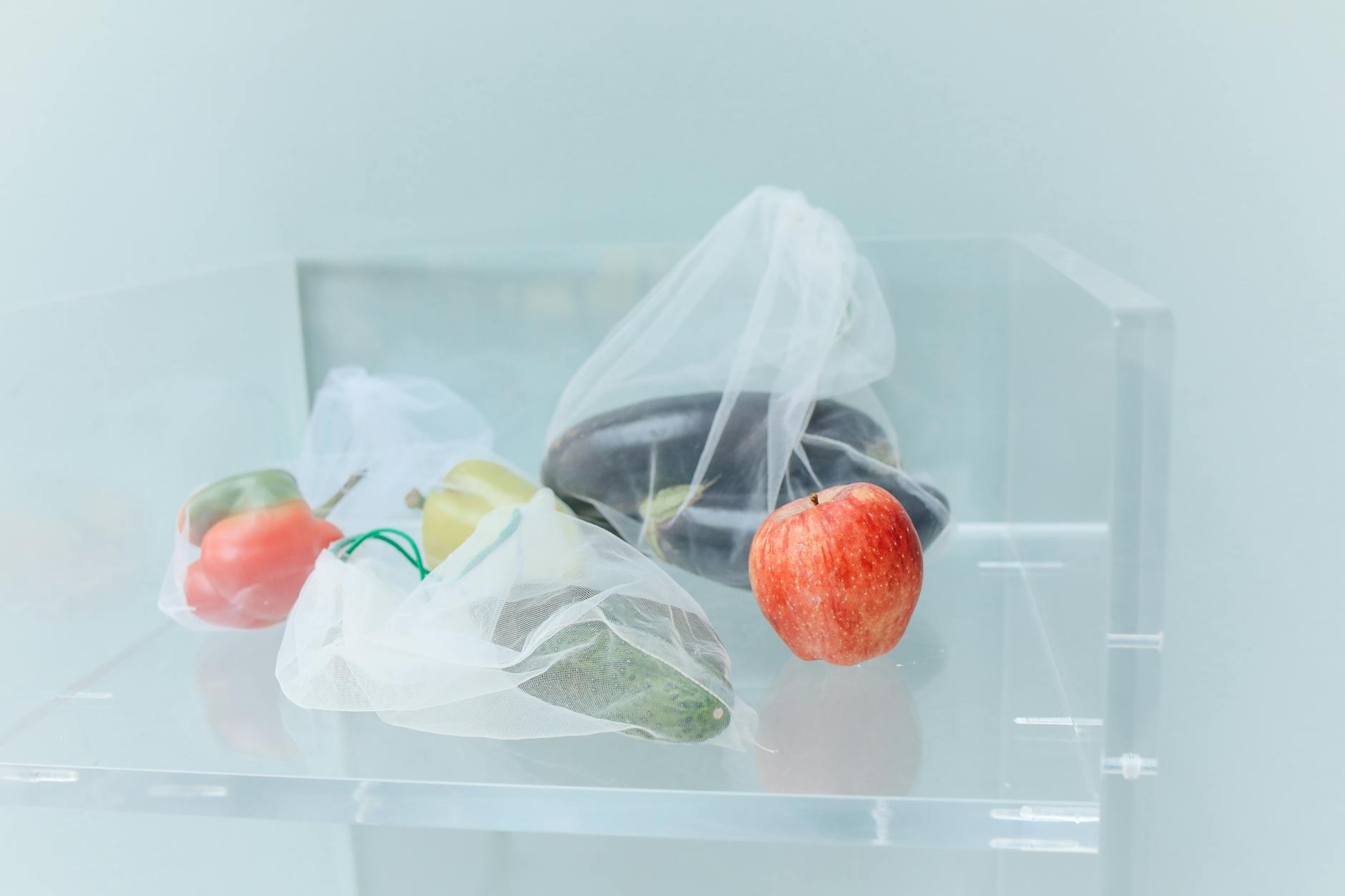Positive Psychology Tips for Cultivating Happiness and Well-being
In our fast-paced world, finding lasting happiness and well-being can often feel elusive. However, positive psychology provides practical strategies rooted in science to help cultivate a more fulfilling and joyful life. By understanding and applying these evidence-based tips, anyone can enhance their emotional resilience, strengthen relationships, and increase overall life satisfaction.
Embrace Gratitude Daily
One of the simplest yet most powerful positive psychology tips is practicing gratitude regularly. Taking time each day to acknowledge what you’re thankful for shifts focus from negativity to abundance. Maintaining a gratitude journal or simply reflecting on small moments of joy can rewire your brain to notice more positive experiences. This habit boosts mood, enhances social bonds, and can improve physical health.
Foster Strong Social Connections
Human beings are inherently social creatures, and cultivating meaningful relationships is essential for well-being. Engaging in supportive, authentic interactions can reduce stress and increase feelings of belonging. Make time for friends, family, or community groups that share your interests and values. Active listening, expressing appreciation, and offering help are ways to deepen these connections.
Practice Mindfulness and Flow
Mindfulness involves paying full attention to the present moment without judgment. By regularly practicing mindfulness through meditation or mindful activities, you increase awareness of your thoughts and emotions, reducing anxiety and stress. Similarly, seeking activities that induce flow—complete immersion and focus in what you are doing—can bring a profound sense of satisfaction. Both mindfulness and flow nurture mental clarity and emotional balance.
Cultivate Optimism and Positive Thinking
Optimism is more than just seeing the glass half full; it’s about expecting good outcomes and believing in your ability to overcome challenges. Positive psychology encourages reframing negative thoughts and focusing on solutions rather than problems. Techniques such as cognitive restructuring or affirmations can help build a more hopeful outlook. Optimistic individuals are shown to have better coping skills and even improved physical health.
Engage in Acts of Kindness
Performing acts of kindness not only benefits others but also enhances your own well-being. Whether it’s a small gesture like complimenting someone or volunteering your time, kindness releases feel-good neurotransmitters such as dopamine and oxytocin. Regularly incorporating altruism into your routine promotes happiness, strengthens community ties, and boosts self-esteem.
Set Meaningful Goals
Having clear, meaningful goals aligned with your values provides purpose and direction. Positive psychology emphasizes the importance of goal-setting that nurtures growth rather than external validation. Break larger goals into manageable steps and celebrate achievements along the way to maintain motivation. Pursuit of purposeful goals fosters a sense of accomplishment and vitality.
Prioritize Physical Health
Though often overlooked, physical well-being significantly impacts mental happiness. Regular exercise, a balanced diet, adequate sleep, and stress management are foundational to positive psychology practices. Physical activity releases endorphins, which improve mood, and good nutrition supports brain function. Prioritizing your body strengthens resilience and energy for emotional well-being.
Conclusion
Integrating these positive psychology tips into daily life paves the way for greater happiness and well-being. By cultivating gratitude, nurturing relationships, practicing mindfulness, fostering optimism, engaging in kindness, pursuing meaningful goals, and caring for your physical health, you create a holistic approach to a thriving life. These actionable strategies empower you to build emotional strength, experience deeper joy, and navigate life’s challenges with resilience. Start small, be consistent, and watch your overall well-being flourish.

editor's pick
latest video
news via inbox
Nulla turp dis cursus. Integer liberos euismod pretium faucibua







